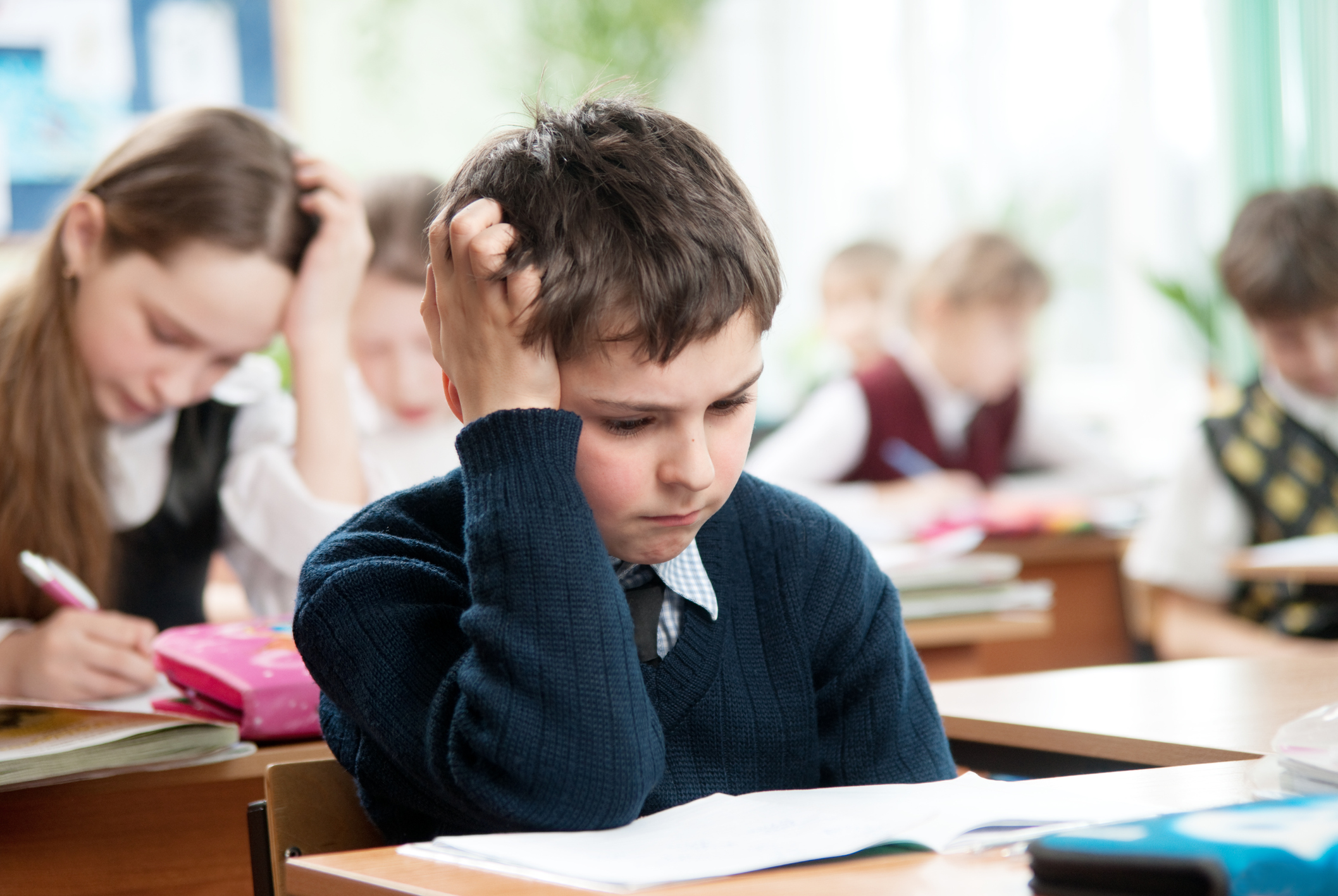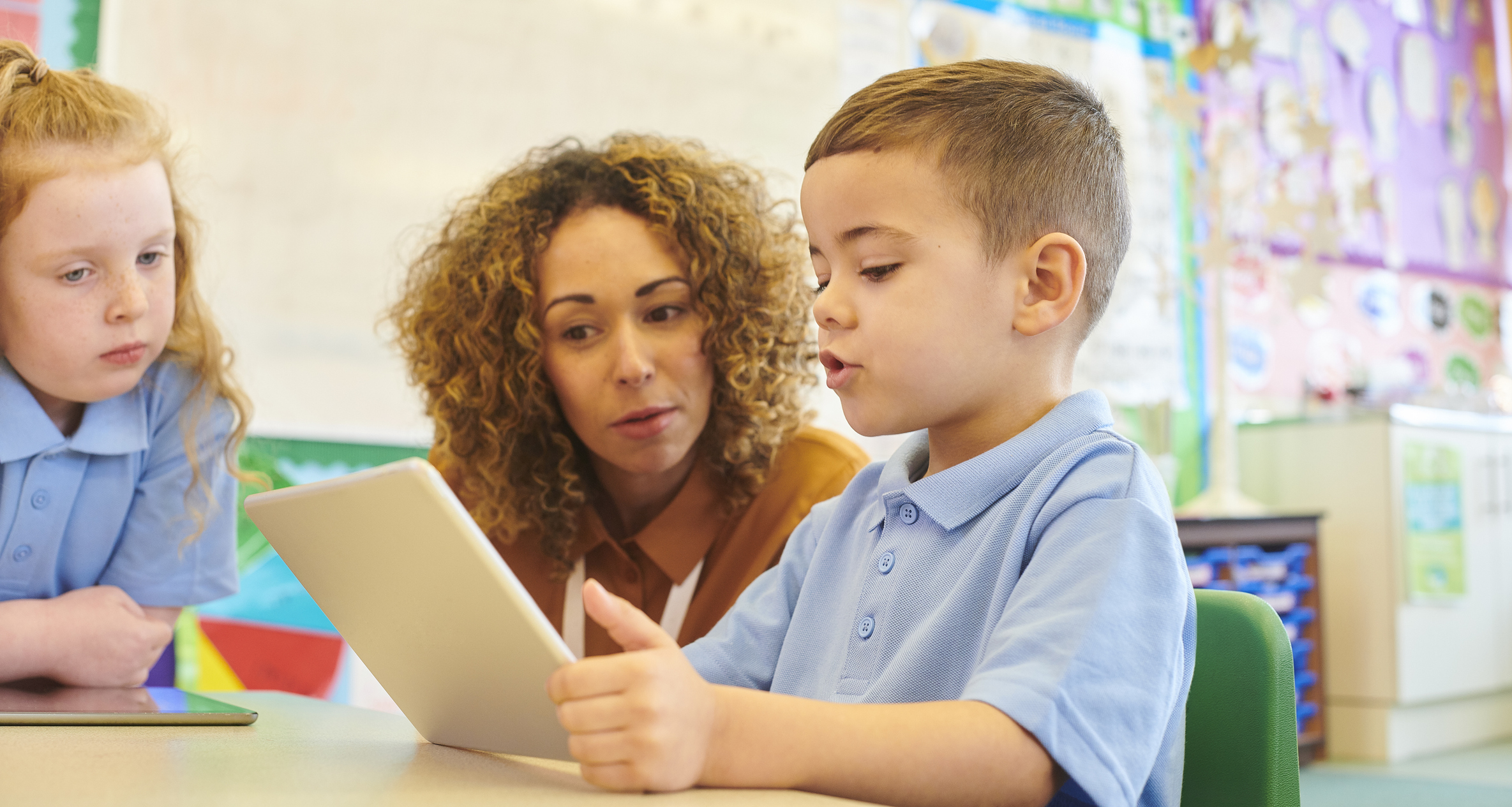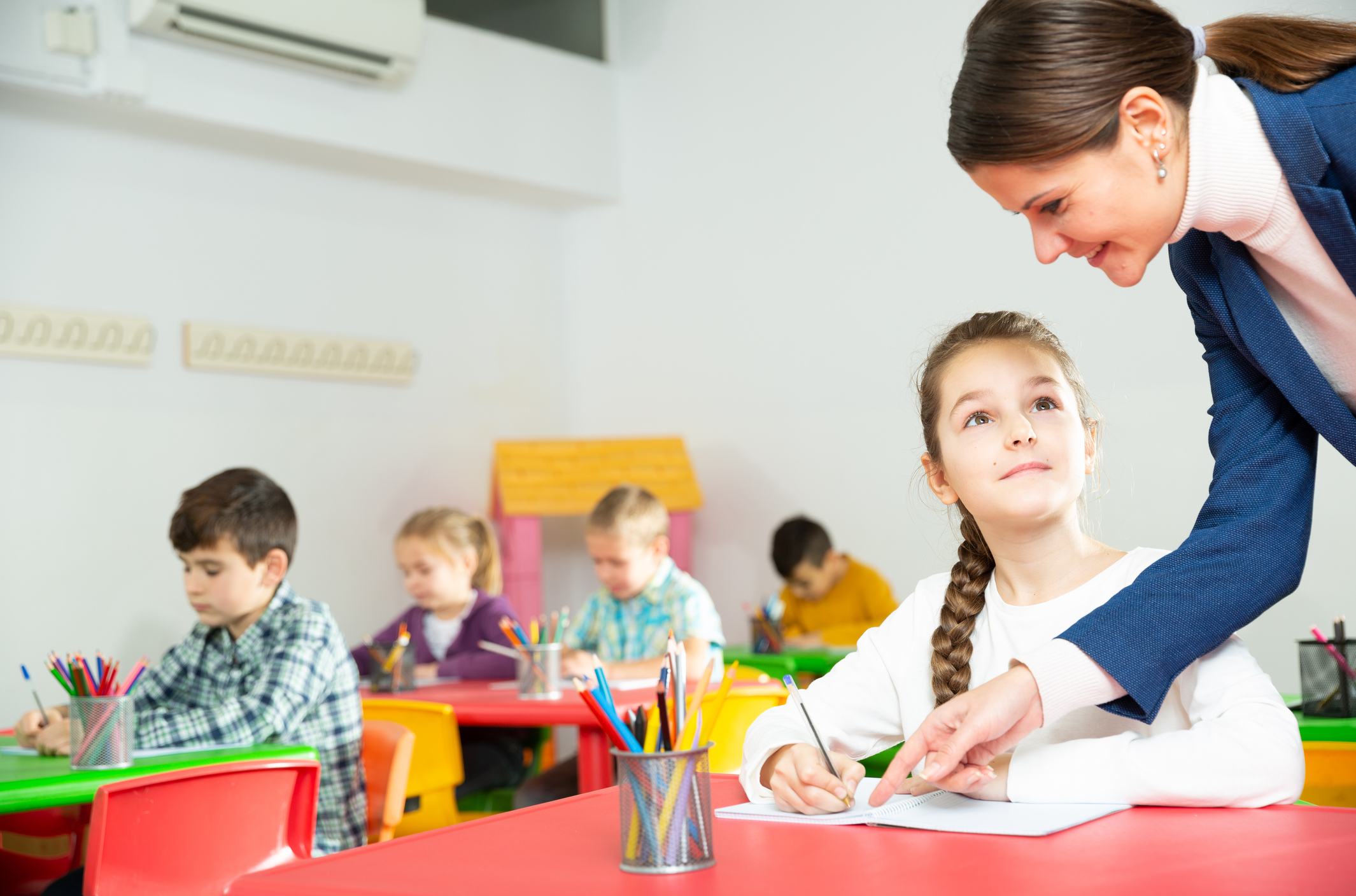The effects of childhood trauma can be a major obstacle for a children’s education, so it’s important for teachers to understand this, and change their teaching methods accordingly. Many of these children are mentally preoccupied with this trauma, which can lead to poor schoolwork or later assignments. These kids need to feel important, like they are good at something, so teachers should encourage them as much as possible. Finally, combatting childhood trauma doesn’t end in the classroom, and there are ways to help these children outside of school hours.
Key Takeaways:
- Don’t judge the situation that caused the child trauma, instead make sure that you understand how the child feels is all that matters.
- There is types of trauma that don’t include violence, such as parents being divorced or the child moving to a new school.
- You don’t need to know what is causing the trauma to help the child, just be there for the child and show empathy and flexibility.
“A daily routine in the classroom can be calming, so try to provide structure and predictability whenever possible. Since words may not sink in for children who go through trauma, they need other sensory cues, says Soma.”
Read more: https://www.weareteachers.com/10-things-about-childhood-trauma-every-teacher-needs-to-know/






